I’m not the only new member of the Giesen family. Since November 2020, Tom Osborne (31) of Craft House Coffee is the new distributor of Giesen UK. We talked about coffee, roasting, and the business side of owning a roastery. Because we both agreed: The romantic idea of sipping coffees all day doesn’t come close to the reality of running a roasting business.
Cisca: Hi Tom, so nice to meet you! Congratulations on your distributorship of Giesen UK.
Tom: Yeah, well that’s exciting. It’s overwhelming and quite busy so far. I always try to have personal contact with our clients because I think that’s important. You’re based in the Netherlands, are you? What’s your story?
Cisca: Seven years ago, I started my roastery in the city center of Delft, the Netherlands, and I started with a Giesen W6 roaster. I always kept in touch with Giesen. Two years later I bought a bigger roaster because our business went well. When my W30 arrived, I had a difficult time. I couldn’t get my roasting profiles the same as the W6. After six months I cracked the code. I contacted Giesen because I wanted to write a blog about it. Last November Giesen asked me if I wanted to be their brand ambassador. I’m more than grateful for that because having a roastery is fun, but it’s still a business.
Tom: I agree. I get a lot of inquiries where people contact me and are exciting to learn more about roasting. The first question I ask them, is ‘what’s your plan?’. Because lots of people just want to roast and taste coffee all day. But so, do many others. What’s going to make you different? What’s your long-term goal? You need to be prepared when you want to become a roaster and start your own business. If I relate that to my own company, I guess what makes me different, is customer service and integration. A roastery is the heart of the supply chain and customers always lean on you for support. Whether that be training, origin information on service requirements. It’s important to be a service as well as having amazing coffee.
Cisca: Also, the romantic image of a coffee roaster. The reality is, that the W30 is the money maker that pays our bills. Nothing romantic about lifting heavy bags of coffee, roasting all day, and filling bags to send. You have to at least consider that when you start your own business. Do you have any thoughts about that?
Tom: Yeah, for sure. And like you say, the romantic image, it loses a lot of people. You should roast because you’re passionate about it, but you also need a plan.
Roasting as a core business
Cisca: I think it’s kind of brave to look at roasting as a core business. Because like you said, you can’t focus too much on the coffee, because then you’re not earning money anymore. You also must focus on the business side.
Tom: I’m pretty good at sales and spend the majority of the time on the phone. I can’t do that while I’m roasting coffee. It was a big responsibility to give to somebody else. But it just gets to that point where you must start making money. I think an important part of the business is understanding when you do have to let go of certain responsibilities. And the roasting is definitely the hardest part to give up, but it’s okay if you find someone you really trust, someone who shares that kind of passion and that relentless frustration of coffee roasting. Not in a negative way though. If a profile goes wrong, we should never look at that as a negative experience. We should look at that as a learning experience, even if it is a 20-kilo batch. It shocks from a business point of view, but it’s crucial from a learning point of view.
Cisca: That’s true! Tell me more about how your business had enormous growth in the last few years. Because you started with the Giesen W6 and you decided to buy a Giesen W30.
Tom: We’ve literally jumped up a size every two years. From the W6 to the W15 was really scary. The W30 we really needed! It was just crazy because we were roasting for so many hours. The W15 was a real gamble because we didn’t need a roast of that size. I just decided that I wanted to spend less time roasting and more time trying to work on the business. But it just got so busy. So that’s why we ended up getting the W30.
Cisca: Could you imagine doing anything else?
Tom: No, absolutely not. I had a pretty good job in London, but I hated it. I’ve only looked back twice and thought, you know, maybe I should quit, go back and get a different job. But that’s half the fun. With roasting coffee, you are creating something meaningful and personal. A product that you are proud of, something that people share and enjoy. That’s a huge motivation to be in this industry.
Advice
Cisca: Do you have some advice that you would like to give to people or roasters who have the ambition and dreams to start their own business?
Tom: I would say think about what you can provide and what’s different. Just do your research. It’s a very commercial world driven by a passionate industry. There are blurred lines but once you work out where you sit in the world of coffee, you will never be happier!
Cisca: What do you think is the most important role of a coffee professional?
Tom: I think the fact that you’ve got to be patient. That’s one of the biggest things. You have to be patient while you’re roasting coffee. It doesn’t happen quickly.
Cisca: And do you think there’s a recipe for success?
Tom: I don’t think so. I suppose you’ve just got to really love what you do. If you don’t, it’s not the right industry for you. Besides that, realize that you have a glass ceiling as to where you can take it. You can keep moving, growing, and meet new people every day. It just doesn’t feel like you’re standing still. You can decide! What do you think?
Cisca: Knowing your business. Coffee roasting is a business. It’s not a hobby. I think that if you have the focus on your business, you’re always heading in the right direction. But if you think it’s fun to roast coffee and you don’t want to fill the bags, well, then you have a problem. And of course, everything we do, we do it with a focus on providing the best coffee we can. The profile has to be good. The origin has to be good. We want the best for our customers. So that’s the focus we have. But it’s still a business. So that means that at a certain point we can’t buy specialty coffees from like 13 euros for a kilo. If I sell them for twenty-five, then I don’t have a lot of margins. I also know 20 percent of what you buy evaporates. Small things like that, you must keep in mind it’s a business.
Tom: Damn, those were quite some lessons!
Cisca: We always say that it’s not about the coffee we sell, it’s about the emotion. What we give to people is a happy feeling and that’s what you want; a positive vibe that you’re creating. And coffee is just a product. If you understand that, then you understand the business. Like you said before, if you’re always busy with creating the best profiles, then you’re too caught up with the roasting process and you forget about your business and the customer.
Tom: One thing I’ve always said is this, especially in the coffee industry, it seems to be that we’re in hospitality, so we need to take care of our customers. Coffee shops are there to take care of their customers. Why shouldn’t it be that roasters take care of their customers by providing full service?
You can buy incredible coffees with amazing stories, pass them onto people who love what you do, and communicate this fascinating to people who perhaps didn’t understand all the work that goes into coffee. You are the lifeblood of the industry and authority in your art. Embracing that helping others to find their love for coffee is amazing!

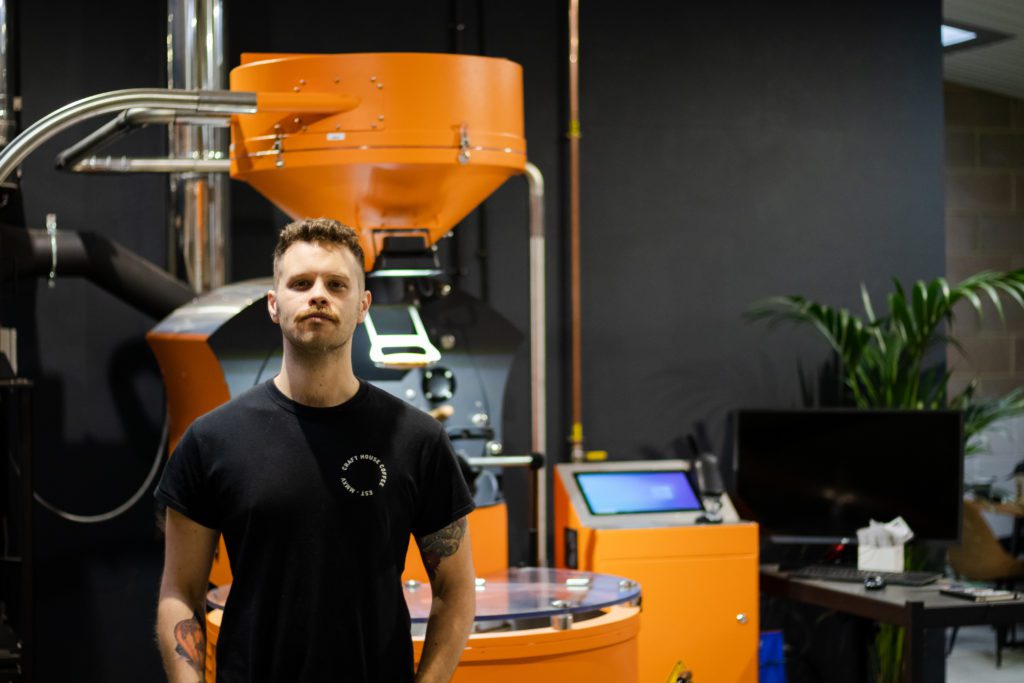
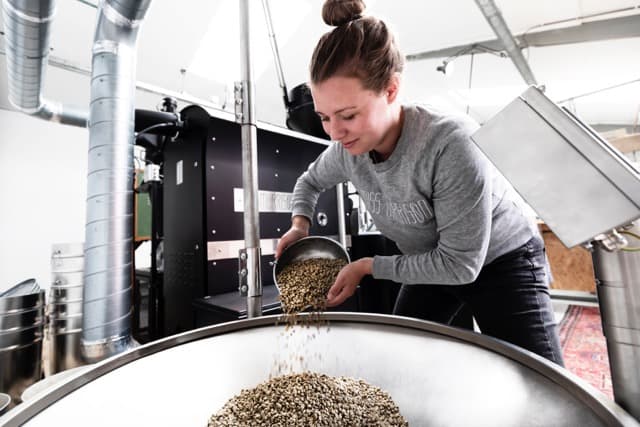
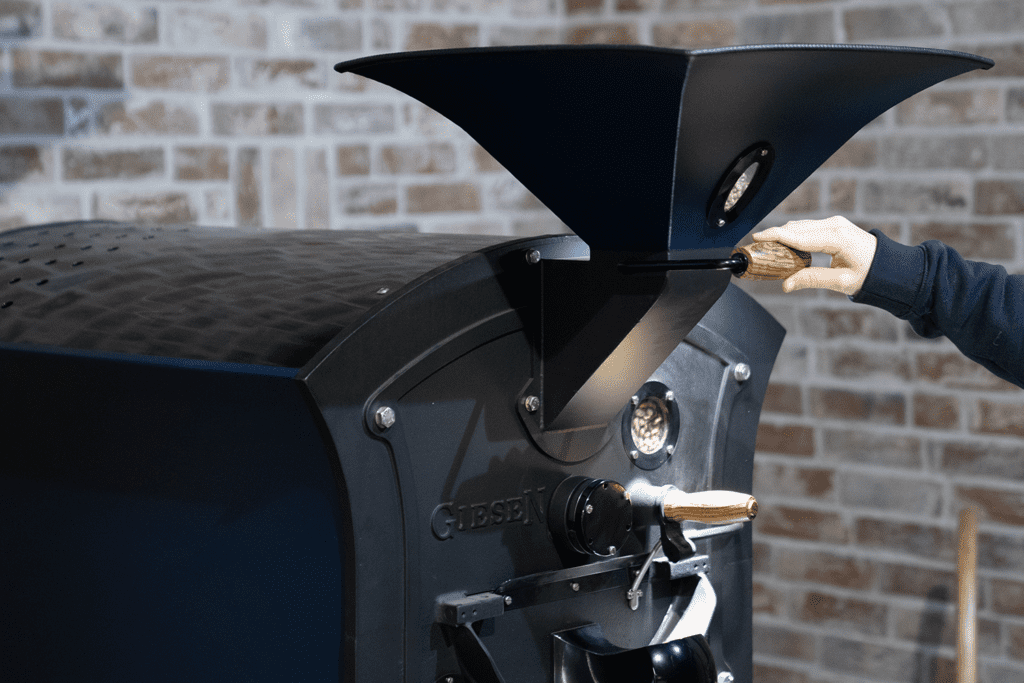
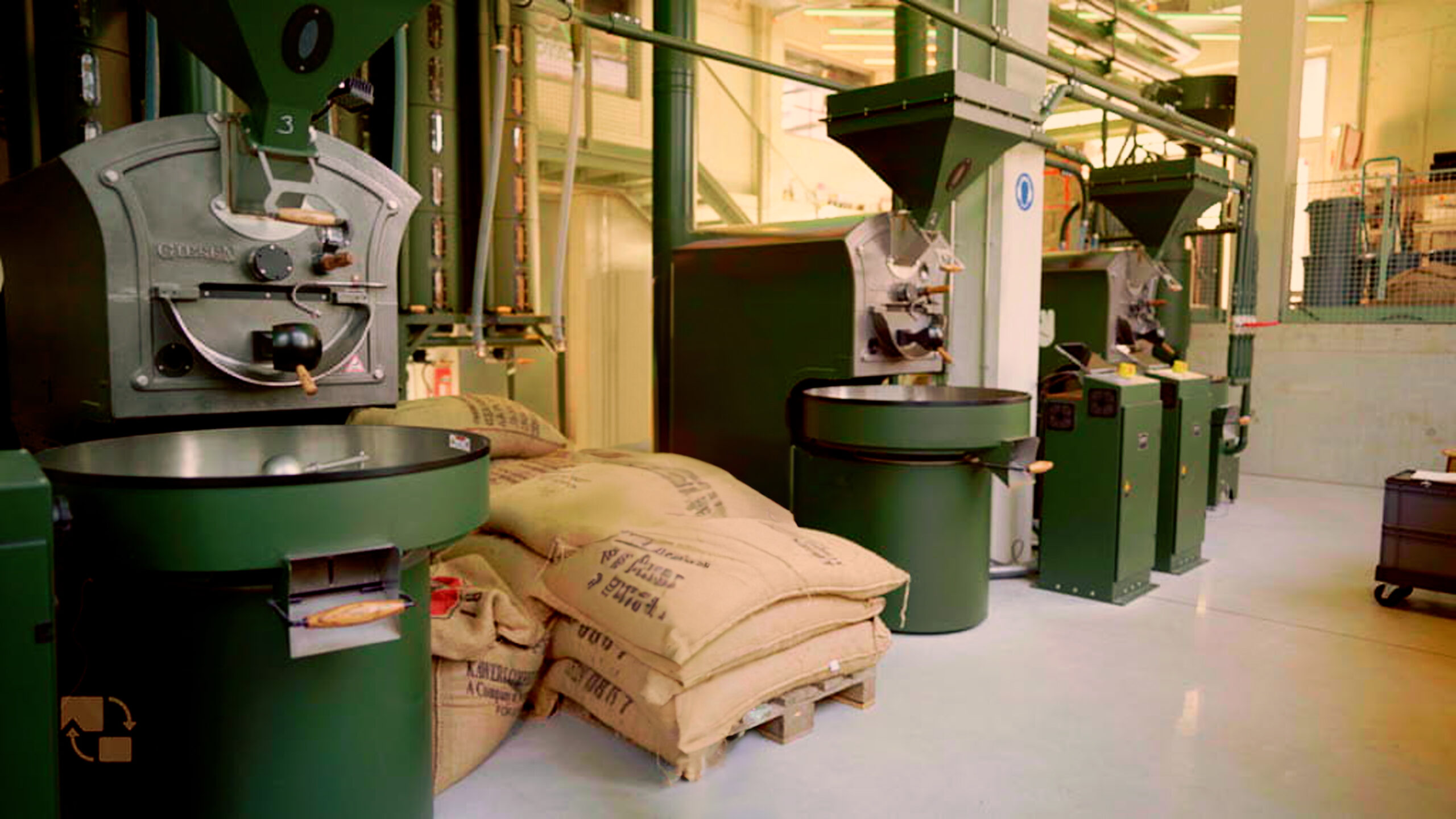
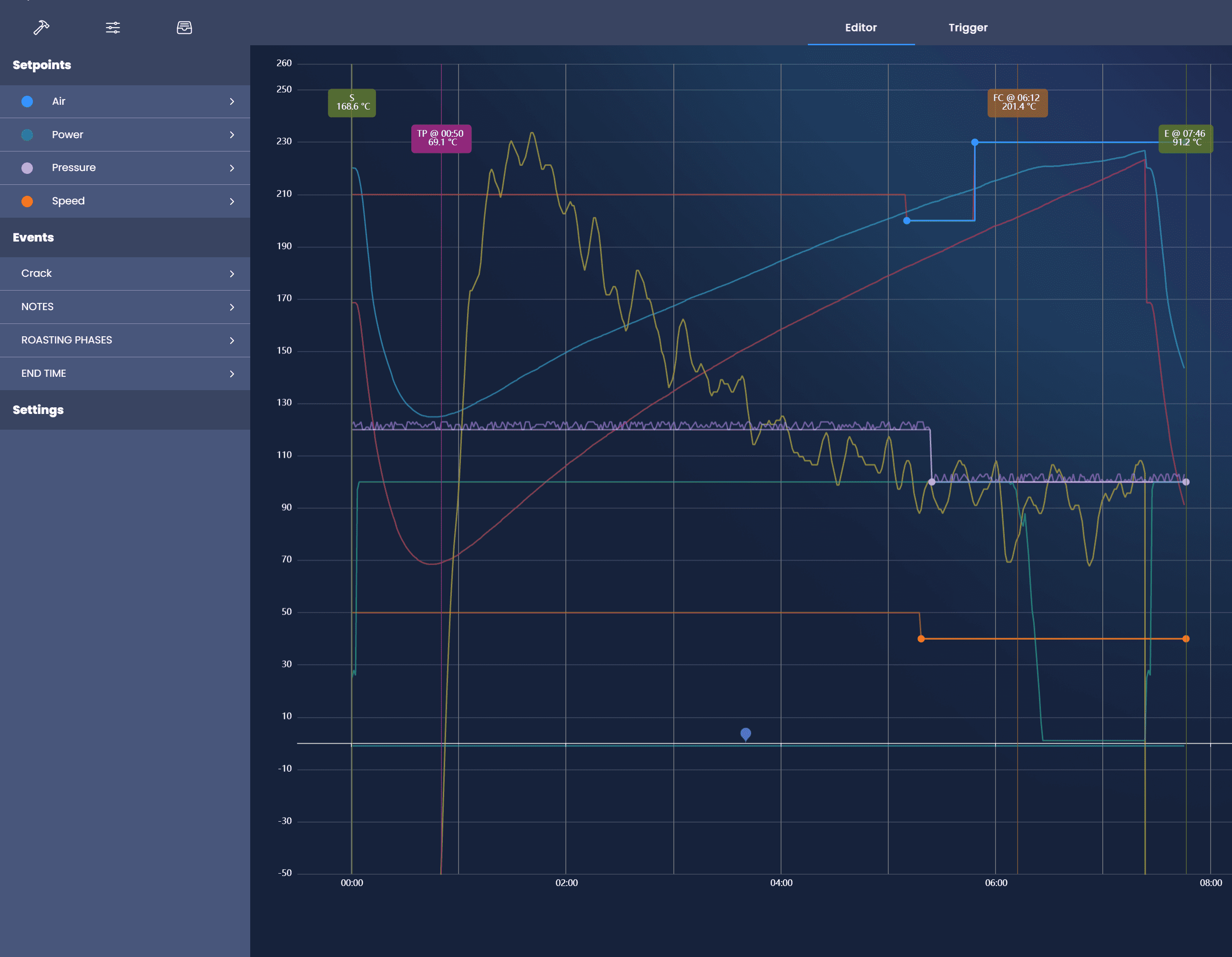

Esta entrada tiene 4 comentarios
Thank you for this it helps to read that others have faced similar problems and that you are on the right track.
Hi India we have unique challenges! Roasters doesn’t sell directly to customers! We miss this customer tuch.
Hi,
it’s interesting experience, since a year have I market studying.
I’m so excited
My enthusiasm increased after reading this achievement, one day I will do it ” Thank you for being here Giesen “